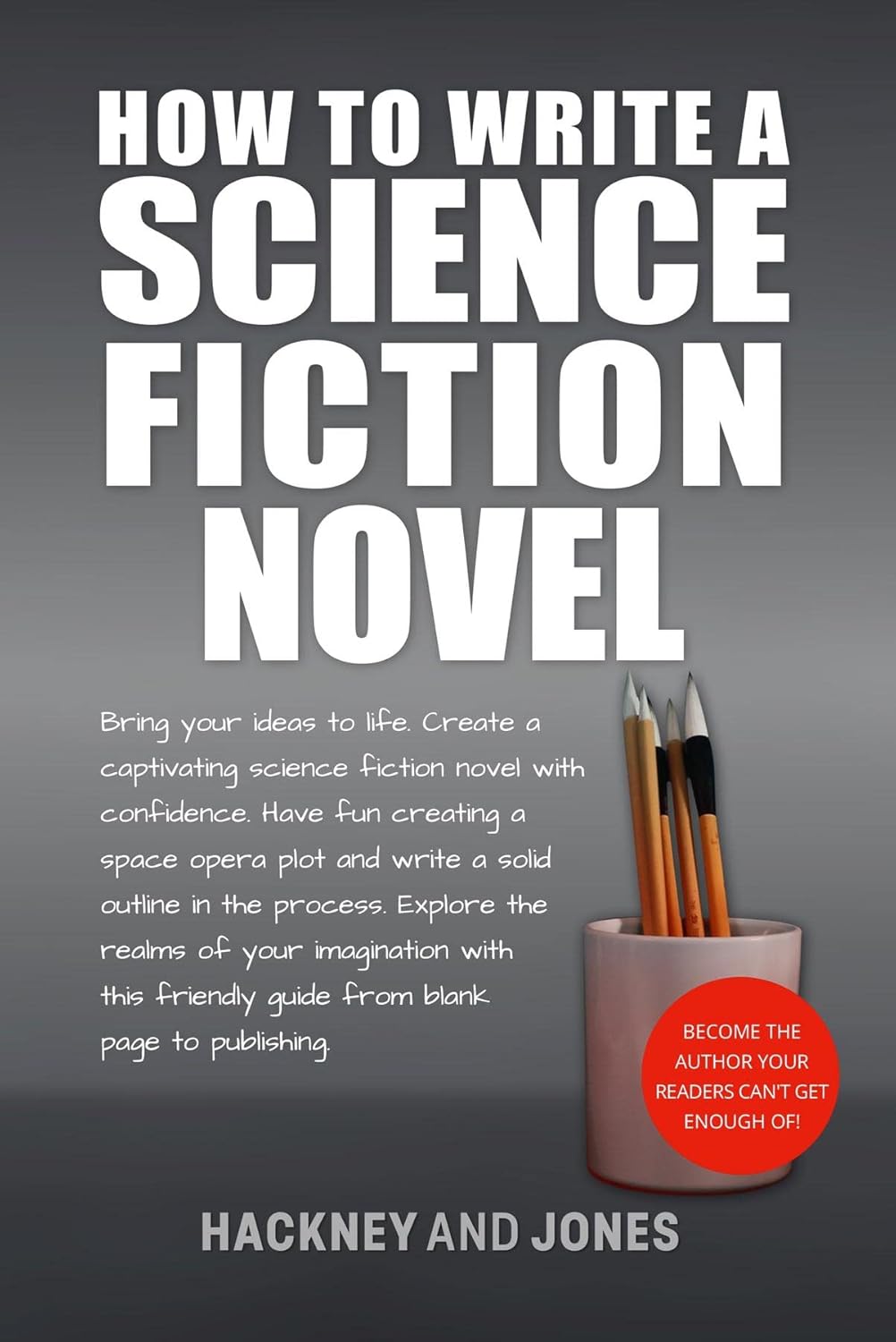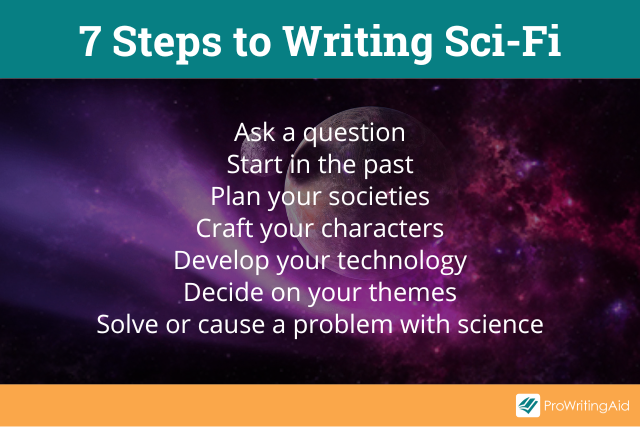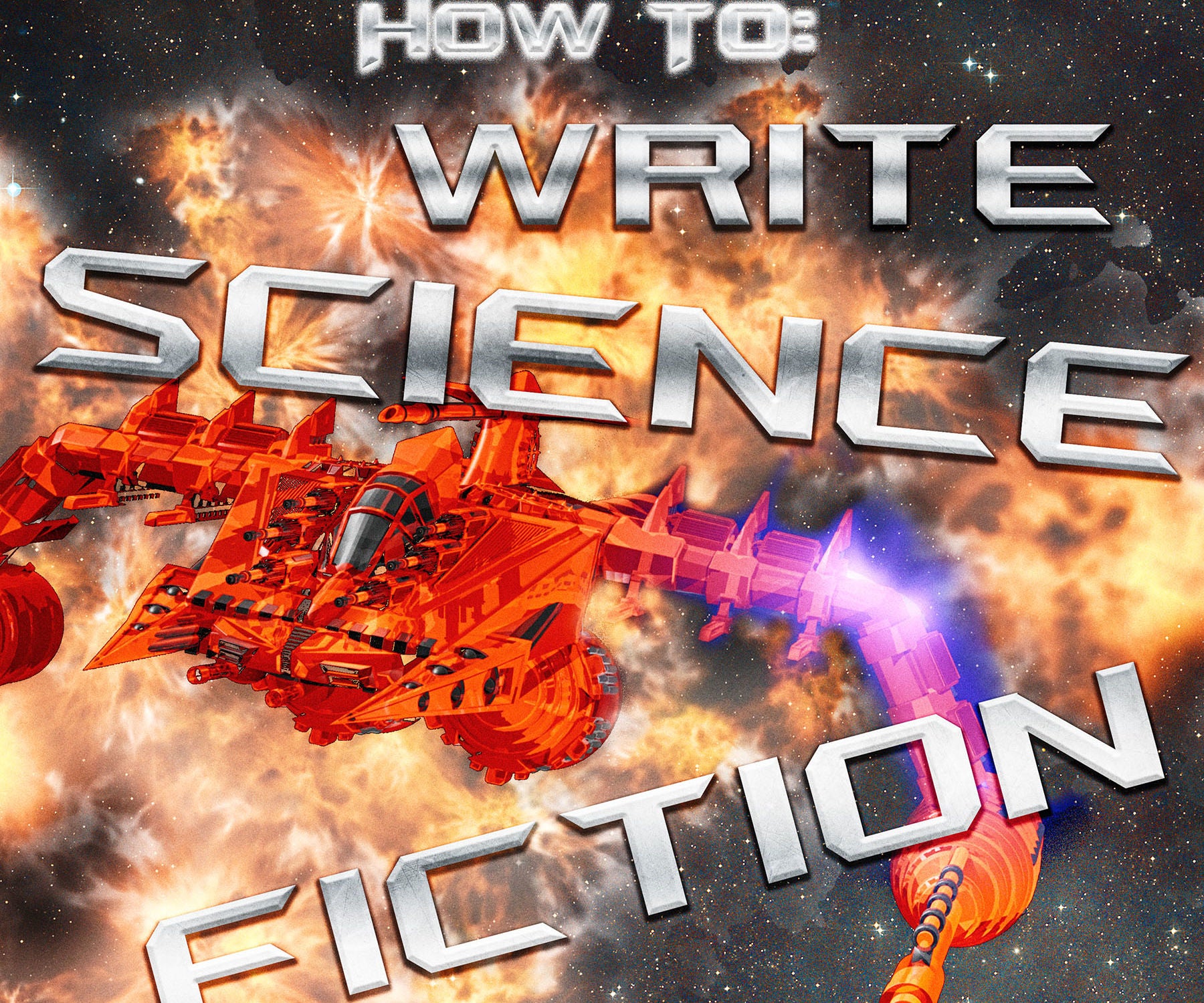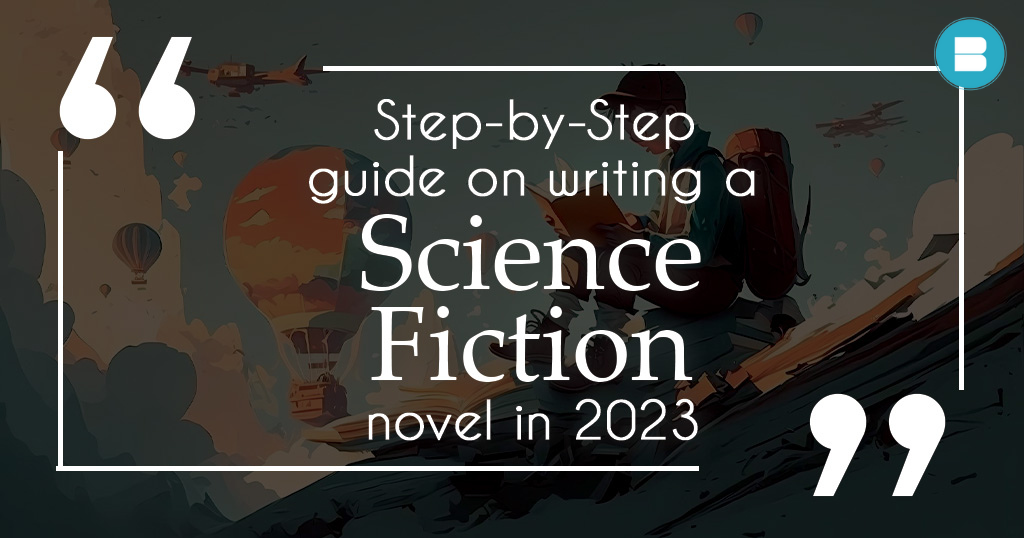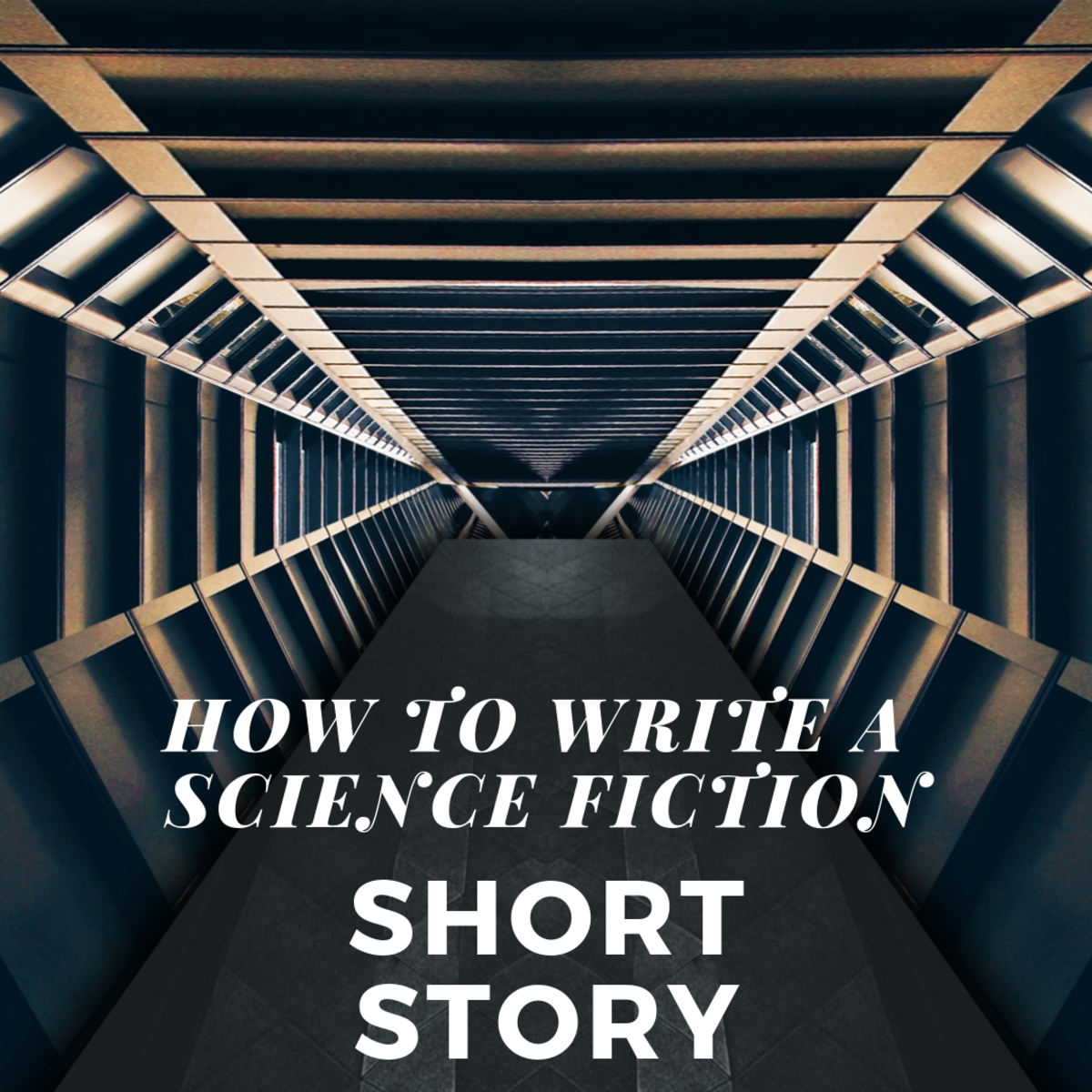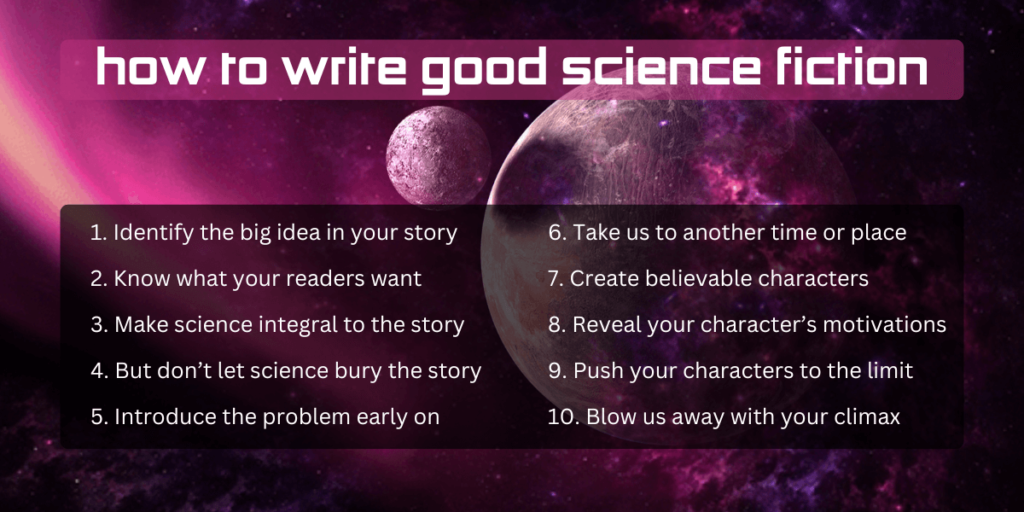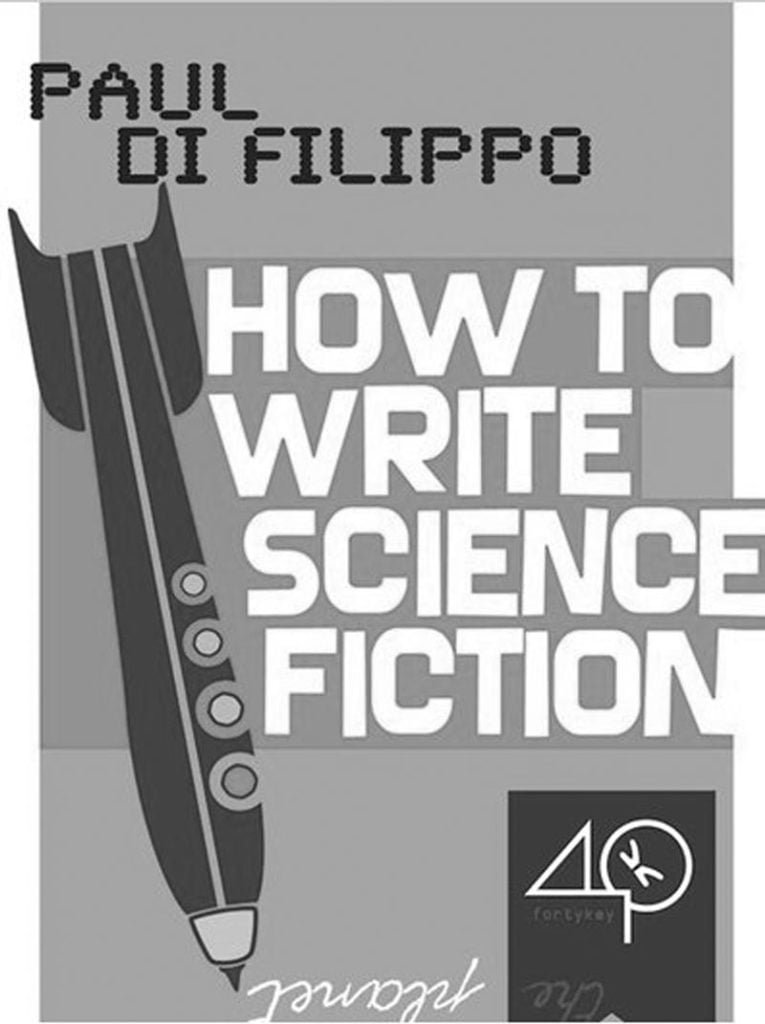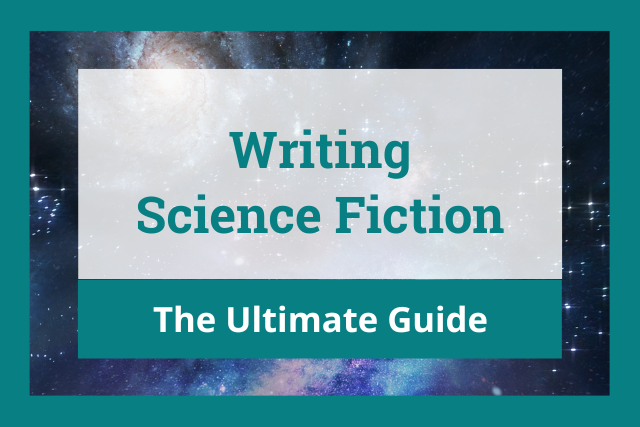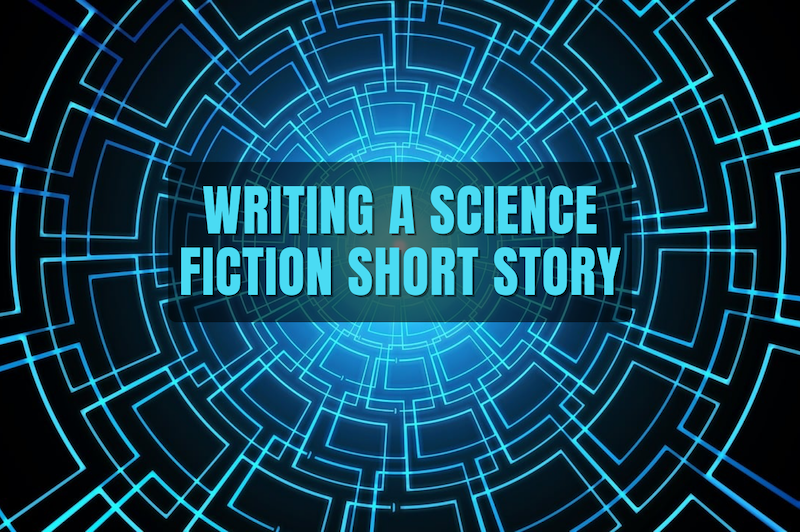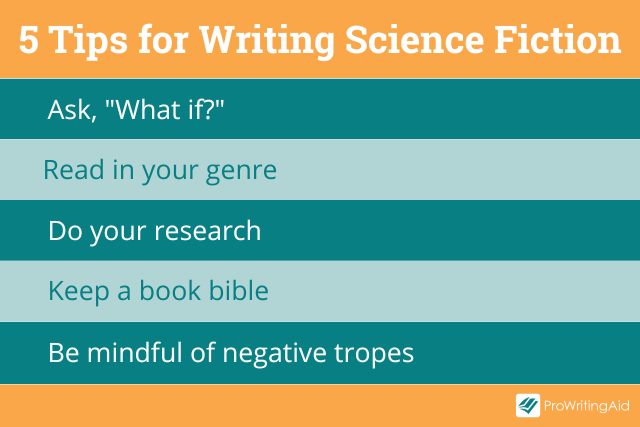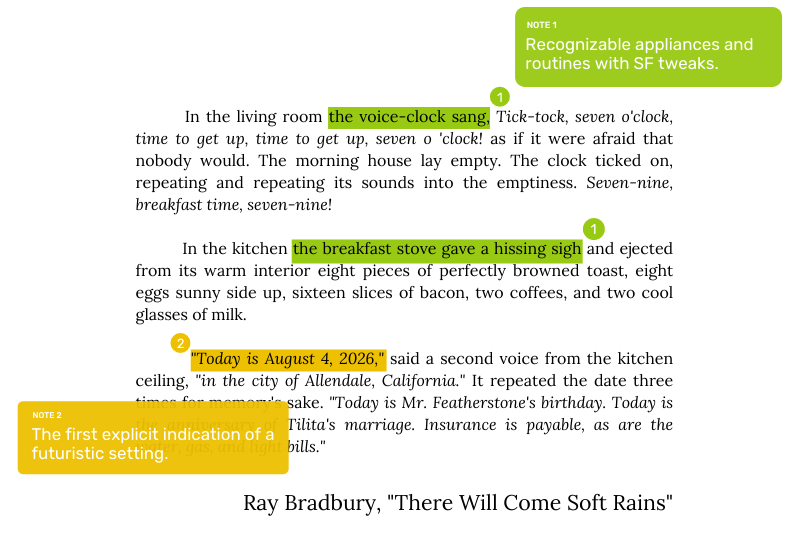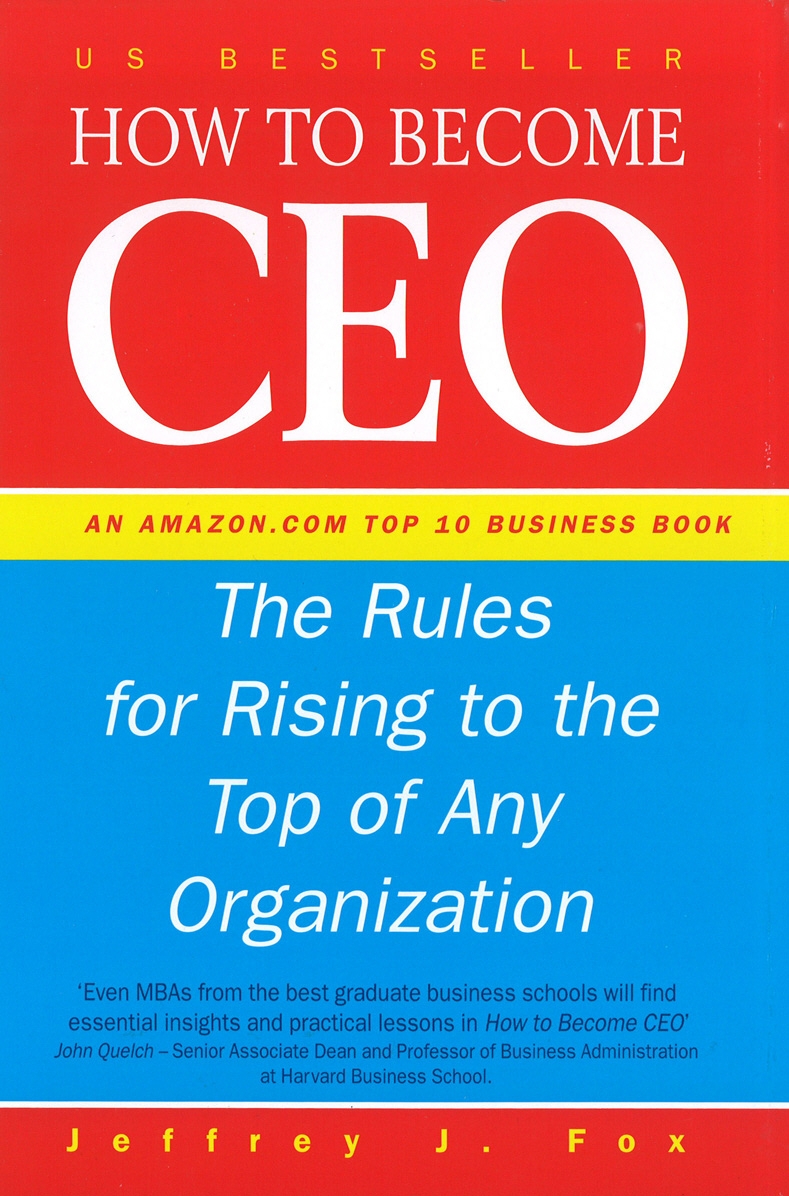So, you want to write a sci-fi novel? Buckle up, buttercup, because it's gonna be a wild ride! Forget everything you think you know about spaceships and lasers for a hot minute.
Brainstorming Bonanza: Where Ideas Come To Play
First, let's talk ideas. Imagine your brain is a popcorn machine, and sci-fi concepts are the kernels. Sometimes you get a perfectly formed, buttery piece, other times it's burnt and tastes like sadness.
Don't be afraid of the burnt ones! They might just need a little salt (or a whole new planet). Consider: what if cats ruled the world, but they were powered by solar energy?
That's already more interesting than another Star Wars clone. Remember, stealing ideas is bad, but being inspired is perfectly legal (and encouraged!).
Characters: Quirky is King (or Queen!)
Forget stoic heroes and damsels in distress. Give me a grumpy cyborg barista with a penchant for poetry, or a galactic garbage collector who dreams of becoming a renowned opera singer.
Your characters need flaws! Maybe your super-intelligent alien has a crippling fear of pigeons, or your time-traveling protagonist always forgets where they parked their DeLorean. This creates humor or even heartbreak.
Make your readers fall in love with these weirdos. Even if they're fighting aliens, we need to care if they spill their space-latte.
World-Building: From Bland to Grand!
Okay, time to build a world (or a whole galaxy!). This doesn't mean listing every single planet, star system, and intergalactic bathroom stall.
Think about the details that matter to your story. What do people eat in this future? Do they wear socks? Does their social media algorithm predict the weather?
Little details can make your world feel real, or completely bonkers. Bonus points if you invent a completely new form of currency that involves interdimensional hamsters.
Plotting: The Ups, The Downs, and The "Wait, What?"
Plotting can be scary. Some writers like detailed outlines, some fly by the seat of their pants. Find what works for you, but remember this: your story needs conflict.
Maybe your protagonist accidentally unleashes a horde of sentient space-hamsters (again!). Maybe they discover the government is run by sentient toast. The key is to keep things moving.
Don't be afraid to throw in a few surprises. A well-placed "Wait, what?" moment can keep your readers hooked.
Writing (And Rewriting!): Embrace the Chaos
Now comes the hard part: actually writing the thing. Set aside some time each day, even if it's just 15 minutes. The first draft is always awful.
Don't worry about perfection. Just get the story down on paper (or screen). You can always fix it later. Think of it as sculpting clay, not building a skyscraper.
And speaking of fixing things, be prepared to rewrite. A lot. But that's okay! That's where the magic happens.
The Secret Ingredient: Heart
The most important thing about writing a sci-fi novel is to put your heart into it. What do you care about? What makes you laugh? What makes you cry?
Don't be afraid to tackle big themes like love, loss, identity, even if you're doing it with talking robots and teleportation devices. Your readers will connect with your passion, even if they don't understand the science behind your warp drive.
So go forth and write your sci-fi masterpiece! Just remember, even Douglas Adams needed a few cups of tea (and maybe a towel).
Good Luck. May the Force (and your imagination) be with you!
